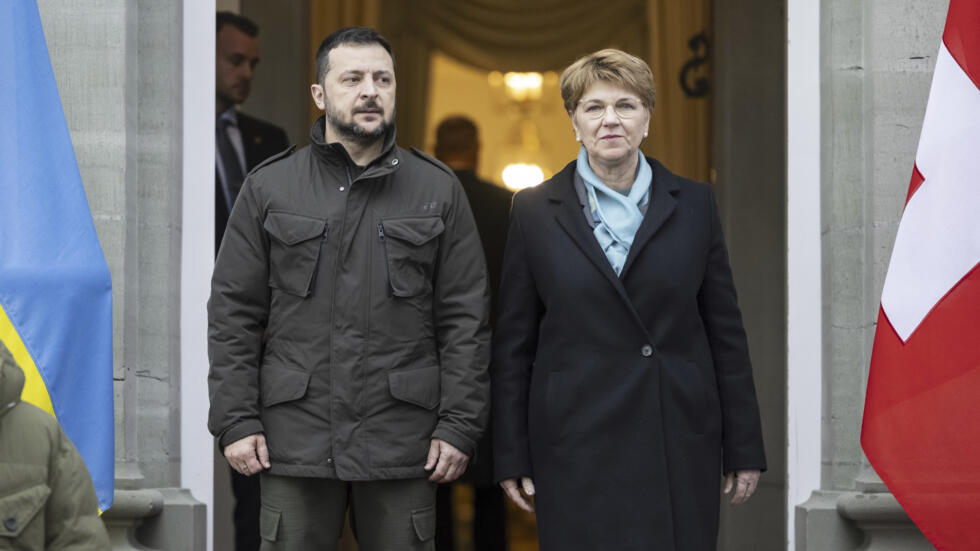Live Classes

Two years after Russia’s invasion of Ukraine, Switzerland has stepped in to organise a peace conference, making a special effort to broaden global consensus on the war by enlisting those who have not joined the western coalition thus far. As a close partner of Russia, a member of the BRICS and SCO groupings, a leader in the Global South, and an aspirant to world leadership, India is, no doubt, at the top of the list. And the Swiss Foreign Secretary Alexandre Fasel’s visit to Delhi this week, following closely those of two Swiss Ministers, and the Ukrainian Foreign Minister Dmytro Kuleba over the past few months, is evidence that the invitation to India at the head of state/head of government level is a priority. Of the 160 or so countries that invitations for the conference have gone to — it is to be held in the resort town of Bürgenstock on June 15-16 — about 50 have confirmed their attendance, mostly from the European Union, NATO alliance, G-7 countries and U.S. allies such as Japan, South Korea and Australia. Russia has not been invited, and Mr. Fasel made it clear that their diplomacy was hoping to bring over ‘BICS’ leaders (BRICS minus Russia) so they could convey the outcomes to Moscow, with a view to inviting Russia to a future round of talks. With Brazilian President Lula indicating that he would not attend, and South Africa’s citing its general elections on May 29 to formally decline the invitation, all eyes are on whether Chinese President Xi Jinping, and Prime Minister Narendra Modi, if he is re-elected, or official nominees would attend.
Convincing the rest of the world to attend a platform that appears stilted towards Ukraine remains a tall order for the organisers. While Switzerland prides itself on its “neutrality”, it has already chosen sides in the current conflict by imposing sanctions on Russia. Another venue may have appeared more impartial. The agenda for the conference is to build a framework for or road map to peace, and to discuss issues such as ensuring food security and freedom of navigation, nuclear safety and humanitarian issues. It seems unlikely that much headway can be made on any of these issues without both parties to the conflict at the table. It is also hard to foresee what else can be achieved as long as Russia and Ukraine believe they can make or consolidate more gains on the battlefield — a real negotiation begins when either one or both sides believe they have exhausted military options. If the aim of the conference then is, as Russian President Vladimir Putin says, to “pressure” Russia into announcing a ceasefire or ceding territory it has won, then it is hardly likely to succeed, given the UN General Assembly’s failure to bring such pressure through multiple resolutions. New Delhi, that has thus far refused to join any statement that is overtly critical of Russia, and has not diluted ties with Moscow, may thus find it easier to hedge its bets, and only show its hand once a truly balanced and more inclusive peace effort gets under way.
Ukraine 10 Point Peace Plan: